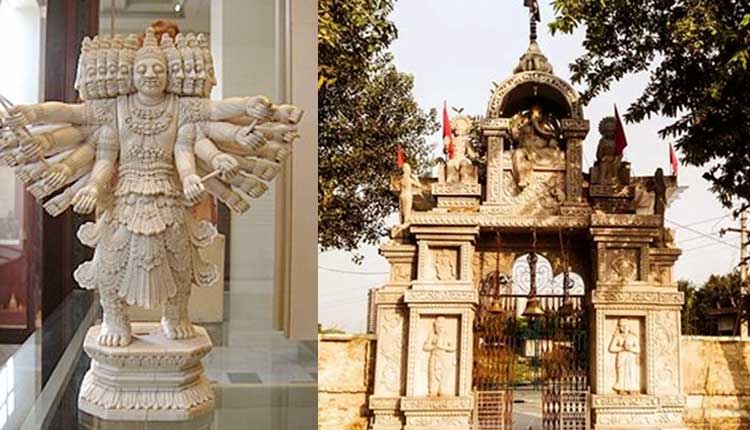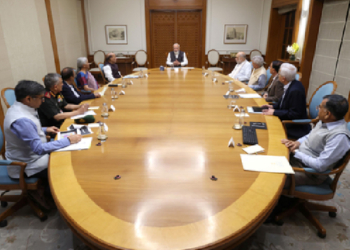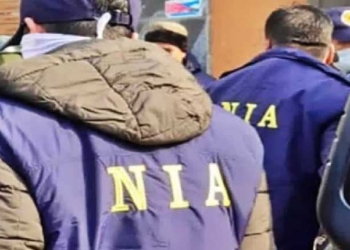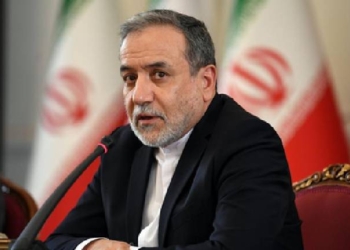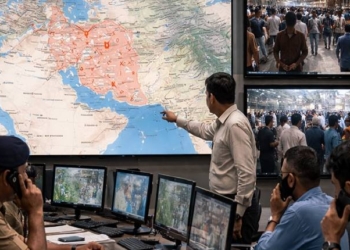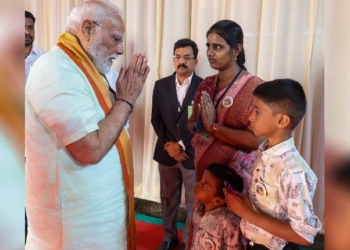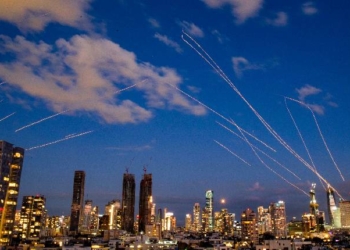Bhubaneswar: While most of India celebrates Dussehra with the burning of Ravana effigies to mark the triumph of good over evil, the village of Bisrakh in Uttar Pradesh stands in stark contrast, choosing instead to mourn the death of the demon king Ravana.
Located around 40 kilometers from Delhi near Greater Noida, Bisrakh’s residents claim to be descendants of Ravana and believe their village is his birthplace. For them, Ravana is not a symbol of evil, but a revered figure, and Dussehra is observed with solemn rituals rather than jubilation.
In Bisrakh, Dussehra is not about Lord Rama’s victory over Ravana, but about the soul of Ravana. The villagers perform yajnas (sacred fire rituals) to help Ravana’s soul attain moksha—liberation from the cycle of birth and death.
Ravana, they argue, was more than just the antagonist in the Ramayana. He was a devout follower of Lord Shiva, a brilliant scholar, and the author of significant works such as the Ravana Samhita (a treatise on astrology) and Arka Prakasham (a text on Siddha medicine).
The people of Bisrakh view him as a man of immense knowledge who deserves respect and reverence rather than scorn.
Their unique observance of Dussehra is steeped in local history and belief. It is said that in the past, attempts to celebrate Ramlila—the traditional reenactment of Lord Rama’s victory over Ravana—brought bad luck to the village. This conviction further fuels their distinct perspective on Dussehra, focusing on remembrance rather than celebration.
At the heart of Bisrakh’s veneration of Ravana is the Bisrakh Ravana Mandir, which houses a Swayambhu (self-manifested) Shiva Linga. According to local belief, both Ravana and his father, the sage Vishravas, worshipped this linga.
The village’s name, Bisrakh, is also said to be derived from Vishravas, strengthening the connection between the village and Ravana’s lineage.
This divergence from mainstream Dussehra celebrations highlights the complex layers of interpretation surrounding Ravana’s legacy in India.
While much of the country views him as a symbol of darkness, the villagers of Bisrakh honour him as a learned, devout figure whose death is marked with dignity and remembrance.




